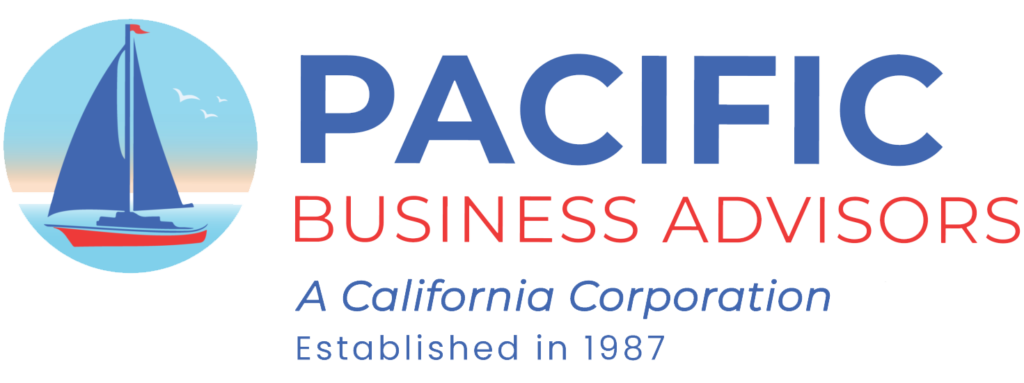

Acquire a Business with Self-Directed IRA and 401K Accounts
A 401(k) plan is a defined contribution retirement savings plan offered by some employers that has certain tax advantages for the employer/saver. The employee agrees to have a percentage of each paycheck paid directly into an investment account. The employer may match the contribution of the employee and usually does so making the 401(k) very attractive to employees. The funds may be invested in several ways.
A Self-Directed IRA or 401K Arrangement or Account allows the account holder to have complete control over investment decisions and investments subject to certain IRS requirements. It allows the investor to invest in any of the following investments:
- Unsecured Promissory Notes to corporations, and other business enterprises;
- Notes secured by Deeds of Trust;
- Loans to Homeowner Associations, including Fractional Interests or Participations;
- Stocks;
- Private Placements;
- Fractional Interests or Participations; and
- Rental Homes.
IRS regulations require that either a qualified custodian or trustee hold the assets on behalf of the IRA owner. This requirement exists for all self-directed and non-self-directed retirement plans.
With the great tax advantages provided by IRAs and 401Ks, and the wide range of possible investments, it is possible to build wealth and secure your future faster than through other methods of investing. Most importantly, Self-Directed IRA and 401K Accounts may be protected from creditors even in bankruptcy.
There are many large, qualified custodians and trustees available to assist investors in rolling over existing IRA and 401K Accounts into Self-Directed Accounts.
Investors should be aware that custodians and trustees of self-directed IRA and 401k accounts generally do not have a duty to evaluate the quality or legitimacy of an investment that is being offered. In fact, self-directed custodians and the trustees nearly always state in their agreements that they have no responsibility for the performance or any investment. Therefore, as with all investments, investors should conduct their own evaluations of the merits of investments being offered before investing.
Self-Directed IRAs
Frequently Asked Questions
Q. Who holds the money or other assets of a Self -Directed IRA account?
A. Cash, the title to real estate, and all other assets of the IRA account are
held by a trustee or custodian. Trustees and custodians must be a bank, federally
insured credit union, savings and loan association, or entity approved by the
Internal Revenue Service to act as a trustee or custodian.
Q. Is it possible to have more than one IRA account?
A. Yes.
Q. How does a Self-Directed IRA account with an independent administrator
differ from the traditional IRA account I have with my bank?
A. Banks usually direct your IRA funds into CDs or other accounts that pay a
minimum return. While this benefits the bank, it provides a return that is often
less than the rate of real inflation. IRAs administered by stock brokerage firms
are generally directed into stocks, bonds, and/or mutual funds that are sold by
the brokerage firm.
Q. What is the Retirement Industry Trust Association (RITA)?
A. The Retirement Industry Trust Association (RITA) is a professional trade
association committed to the growth and expansion of self-directed retirement
plan administration. Their goal is to help Americans reach their retirement
goals.
Q. Can I purchase a retirement home through a Self-Directed IRA?
A. Yes, but you will be required to rent it out to a third party until you retire, move
into the property, and take the required distribution.
Q. Can I use my Self-Directed IRA to purchase corporate notes and bonds?
A. Absolutely. High quality corporate notes can provide a fast and safe means to
a comfortable early retirement.
Q. Can I purchase a house through my IRA account?
A. Only if it is a rental property. You may not use an IRA to acquire a personal
residence.
Q. Is it permissible to use IRA funds to purchase a limited partnership
interest in a mortgage pool or other private investment fund?
A. Yes.
Q. Are IRA Administrators and Custodians the same?
A. No. Administrators are limited in the services they can offer. By definition,
Administrators cannot hold title to assets including cash. Therefore, they must
establish a relationship with a self-directed IRA custodian or trust company.
IRA custodians and trust companies are subject to stringent IRS requirements
and are subject to both oversight and audit.
Q. Will a Self-Directed IRA Administrator, Custodian, or Trustee provide me
with investment advice?
A. No. The practice in the industry is for Administrators, Custodians, and
Trustees to avoid providing any type of investment advice.
PacificBusinessAdvisors.net
Office: 818-991-5200
Direct: 818-991-9019